Sometimes playing around or rather, “playing around” with each other can help both of you build and sustain a happy and healthy relationship. If there’s a healthy amount of playfulness in your equation, it will help you get closer to each other, more and more.
Key Points:
Engaging in playful behavior with a partner can boost mood, promote closeness, and help couples better navigate conflict, research has found.
Related research on relationships found that partners who can "let go of the small stuff" and resolve arguments quickly enjoyed similar benefits.
Positive relationship behaviors may also bolster physical health by minimizing stress and stimulating beneficial biological processes.
A recent research review suggests that being playful in your romantic relationship is important for increasing the happiness and longevity of the relationship. Now, by “play around” I don’t mean checking out dating apps or Ashley Madison, unbeknownst to your partner. Nor do I mean “playing games”—which partners often do as a means to manipulate or dominate, and which creates much material for couples therapy.
No, being playful with your partner refers to engaging with playful attitudes, communication, and behavior. The research found that playfulness generates positive emotions and stimulates beneficial biological processes, including the activation of certain brain circuits. And that influences how the couple communicates and interacts—which helps deal with stress and tension. That, in turn, enhances the quality and duration of the relationship.
The study was published in Social and Personality Psychology Compass. Interestingly, it’s congruent with some other, unrelated research that shows how you can consciously shift your emotions and behavior around conflict and frustration in your daily life and relationship.
Related: How To Keep Your Marriage Happy: 5 Things To Do And 5 Things Not To Do
For example, a study from the University of Miami found that people who can’t let go of small frustrations that occur from time to time—we all experience them—affect their brain activity in ways that lead to more negative emotions and less well-being.
Dwelling in your annoyance or bruised ego intensifies negative emotions, which will often be displayed towards your partner in some form.
The antidote is to expand your consciousness about how you perceive your situation. That is, enlarge your perspective; step outside of your narrow self-focus about those minor frustrations.
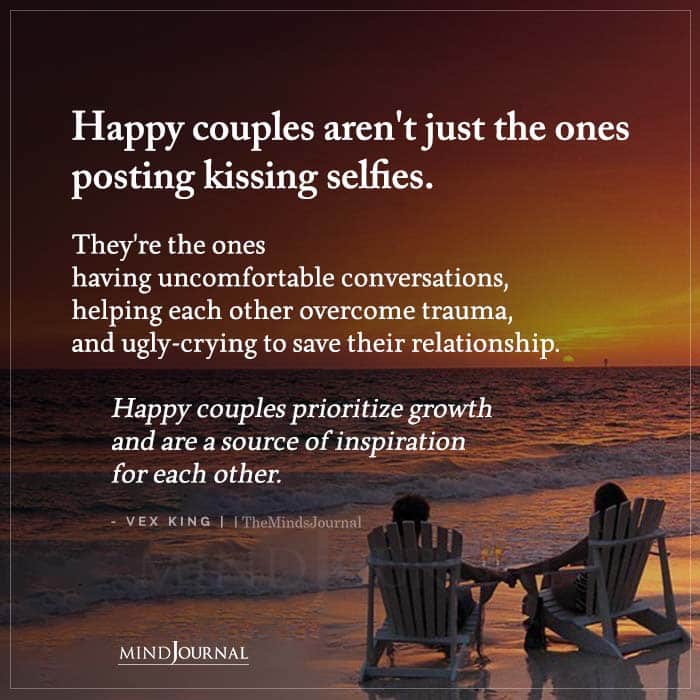
Let yourself acknowledge that, in the long run, they don’t really matter. This will impact the quality of your relationships, including with your romantic partner. In effect, this research emphasizes the importance of learning to “let go of the small stuff.”
Then there’s this research, from Oregon State University. It found that when people are engaged in an argument—say with their partner—and are intent on reaching a resolution of some kind before the end of the day, the emotional residue of the disagreement is significantly reduced and even erased.
This study pointed out the damage that ongoing stress, including that aroused by arguments that remain unresolved, can have on mental and physical health. That includes depression, anxiety, heart disease, a weakened immune system, reproductive difficulties, and gastrointestinal issues.
Related: 10 Simple Things That Will Strengthen Your Marriage
As the lead author Robert Stawski pointed out, “While people cannot always control what stressors come into their lives—and lack of control is itself a stressor in many cases—they can work on their own emotional response to those stressors. Some people are more reactive than other people, but the extent to which you can tie off the stress so it’s not having this gnawing impact at you over the course of the day or a few days will help minimize the potential long-term impact.”
So—play with your partner, let go of the small stuff, resolve the argument before bedtime… and enjoy your relationship.
Want to know more about how playing around can help you have a happy relationship? Check this video out below!
Douglas LaBier can be contacted via his website labier.com or email [email protected].
Written By Douglas LaBier Originally Appeared On Psychology Today



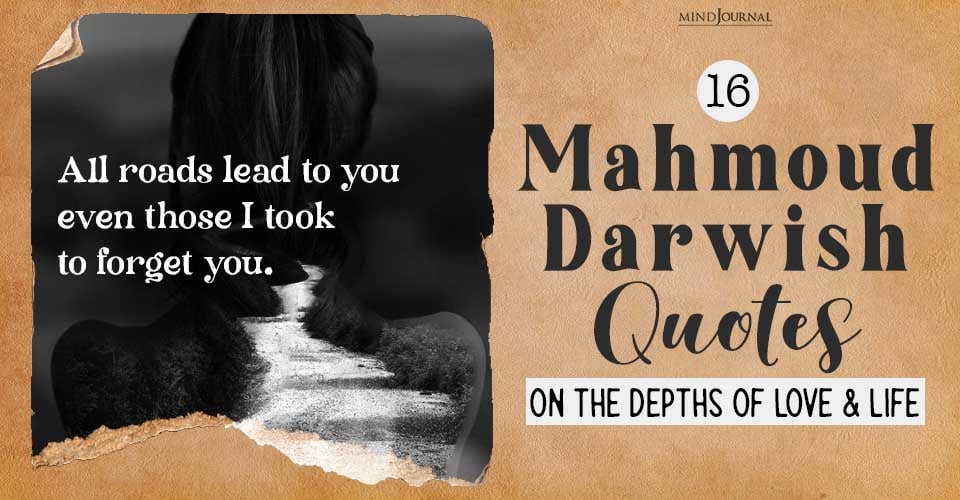
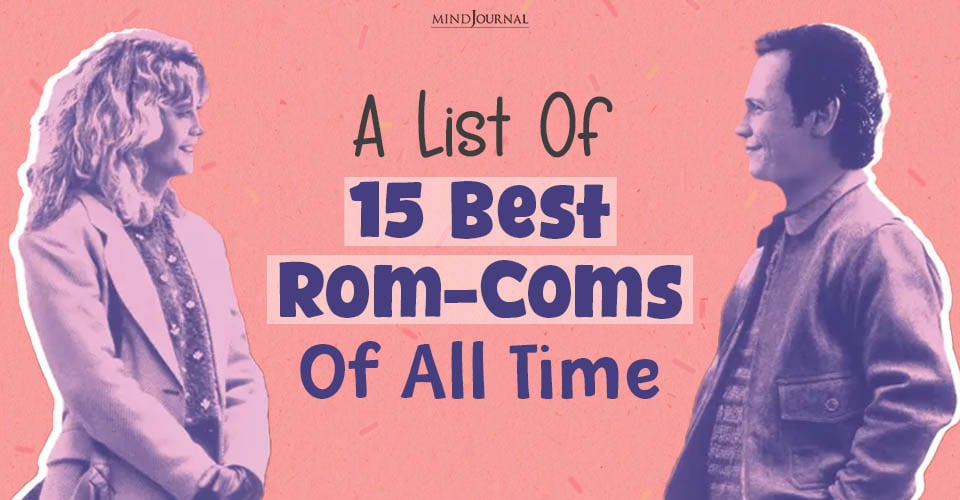



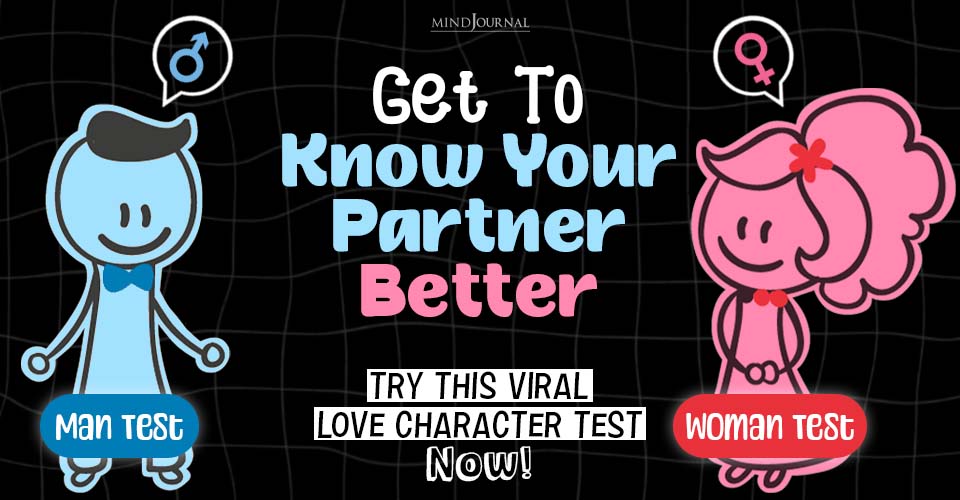
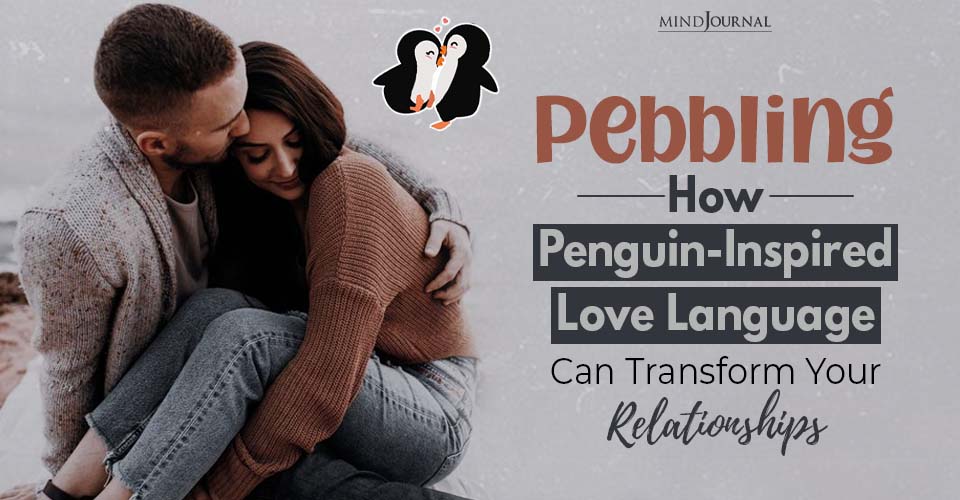
Leave a Reply